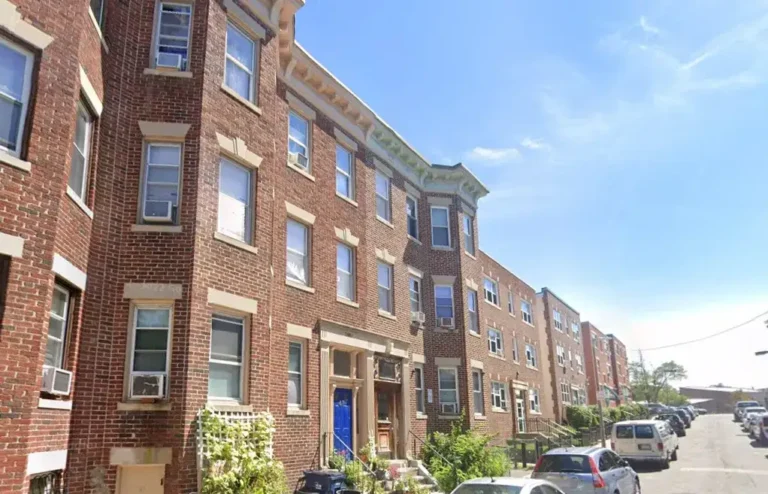
A 2014 case study reports that an individual experienced a rapid withdrawal from Xanax while taking high doses of niacin, vitamin C, and gamma aminobutyric acid. You may also benefit from talking with a family member or close friend. You may have to pause, slow down, or speed up depending on how your body reacts to withdrawal.
Treatment and support
Depending on your situation, your doctor may reduce your dose on a monthly, weekly, or even daily basis. In most cases, your doctor will reduce your dosage by 5% to 25% in the first week. Every 1 to 4 weeks after that, they’ll reduce your dose by another 5% to 25% of the original dose.
Overall effects on everyday life
- Hallucinations and psychosis may not be dangerous in themselves, but can lead to dangerous situations if you or your loved one are not monitored or cared for during benzo withdrawal.
- Short-acting benzodiazepines complicate withdrawal with too many ups and downs.
- If you stop taking them “cold turkey,” or all at once, you may experience severe, even life threatening, withdrawal symptoms.
- You can work withprofessionals who understand what you’re going through.
According to DSM-5-TR, from 20% to 30% of individuals who undergo untreated benzo withdrawal experience grand mal seizures, which can be fatal. The benzo withdrawal timeline varies for each benzodiazepine medication, depending on its particular half-life. Withdrawal for short-acting benzos begins within hours of stopping the drug, whereas with longer-acting benzos it may take a few days for withdrawal symptoms to manifest. Benzo withdrawal symptoms can be highly unpleasant and dangerous, and increase your risk for life-threatening health conditions including depression and malnutrition, as well as accidents and death. But a benzo detox treatment can relieve your discomfort, reduce your risk for relapse, and offer you a safe recovery that results in improved health and lifelong sobriety.
What Is Benzodiazepine Withdrawal?

This process can be done as an inpatient or outpatient, depending on how severe your situation is. Sometimes, your healthcare provider may give you different medications to help you stop using benzos. For example, if you’re on a short-acting benzo, they might switch you to a longer-acting one to make the dose reduction severe benzodiazepine withdrawal syndrome smoother. With benzo addiction, the brain and body grow accustomed to certain doses of the drugs, and require those doses at all times to remain stable and prevent users from feeling sick. A person who suddenly stops using benzos after becoming physically dependent will experience a wide range of withdrawal symptoms.
- During the early stages of withdrawal, the person may notice the symptoms of the condition that the drug was treating start to return, or rebound.
- Withdrawal management rarely leads to sustained abstinence from alcohol.
- In 2015, 23% of people who died from an opioid overdose also tested positive for benzos.
- Those who abuse benzos can become tolerant to the drugs, and require higher amounts to achieve its effects.
- Though therapy generally can’t address withdrawal symptoms specifically, it can help improve some symptoms, like anxiety and insomnia.
Benzodiazepine Withdrawal Warnings

Acute opioid withdrawal is followed by a protracted withdrawal phase that lasts for up to six months and is characterised by a general feeling of reduced well-being and strong cravings for opioids. To reduce the risk of relapse, patients should be engaged in psychosocial interventions such as described later in these guidelines. Patients who repeatedly relapse following withdrawal management are likely to benefit from methadone maintenance treatment or other opioid substitution treatment. People suffering from benzodiazepine addiction typically, over time, develop a tolerance to the drugs they take. As the body gets used to the drugs, it needs more and more of them in order to get the desired effect. Individuals who take large doses of these medications eventually become dependent on them.
How to Quit? Taper Down or Cold Turkey?
Other common risk factors for benzo addiction include genetics, environment, peer pressure, experimenting with drugs at an early age, and a history of trauma. Women are found to be at higher risk for benzo addiction than men, since women tend to suffer higher rates of anxiety along with higher rates of prescription drug abuse. Benzos are central nervous system depressants that work by enhancing a brain neurotransmitter called GABA responsible for regulating stress and anxiety. Benzos produce feelings of relaxation and sedation that can help people stay calm and fall asleep more easily. If you take an intermediate-acting benzodiazepine, like alprazolam, or a long-acting benzodiazepine, like diazepam, it may take longer for withdrawal symptoms to appear.
They can help minimize symptoms to make it more likely you will continue on with your recovery. For those trying to quit benzos at home, on the other hand, the intensity of cravings may make it nearly impossible to truly stop using them. The intensity and length of time that a person experiences these types of withdrawal symptoms ranges from person to person. However, they typically will last for several days and up to a week, slowly improving.


During benzodiazepine detox, attaining close monitoring and medical support is essential. Not only does medical staff provide emotional support, but they also administer detox medications that help reduce withdrawal symptoms. This typically includes a benzo taper consisting of lower doses of benzos to help someone gradually come off the drug as well as some non-benzo medications used to ease discomfort. Protracted symptoms continue to fade over a period of many months or several years. Protracted withdrawal syndrome refers to symptoms persisting for months or even years. A significant minority of people withdrawing from benzodiazepines, perhaps 10–15%, experience a protracted withdrawal syndrome which can sometimes be severe.
Those who abuse benzos can become tolerant to the drugs, and require higher amounts to achieve its effects. Using high doses of benzos after becoming tolerant can lead to physical dependence, which is characterized by the presence of withdrawal symptoms when the drug is ceased abruptly. Research indicates that using benzos for longer than three to four weeks can lead to physical dependence and withdrawal. Stopping benzodiazepines all at once can be dangerous, so your doctor will likely guide you through a tapering regimen that involves gradually reducing your dose over time. If you experience severe withdrawal symptoms during tapering, tell your doctor so they can adjust your care plan as needed. Benzo detox is a critical first step toward recovery that involves eliminating the medication and all harmful substances from the body.
